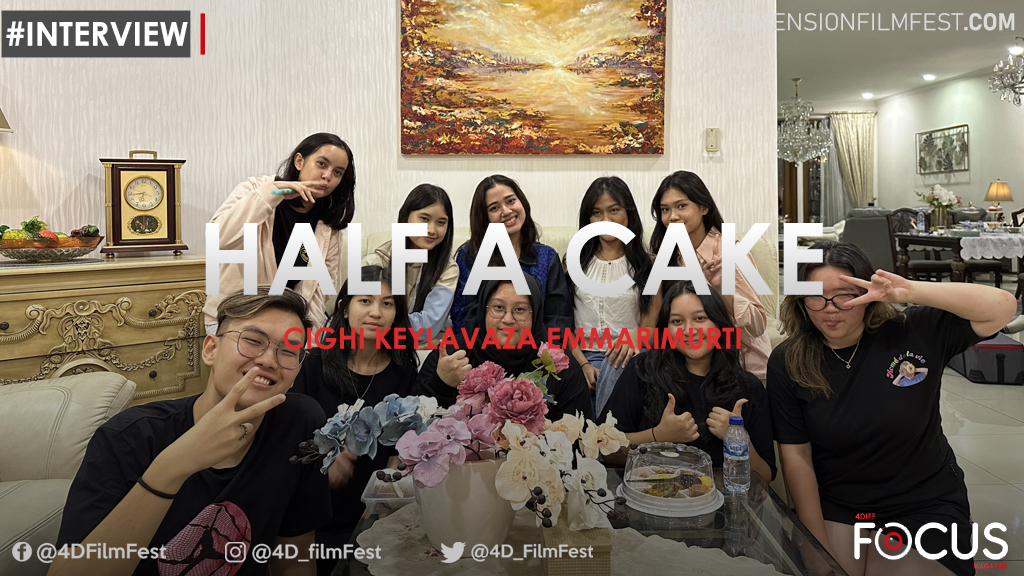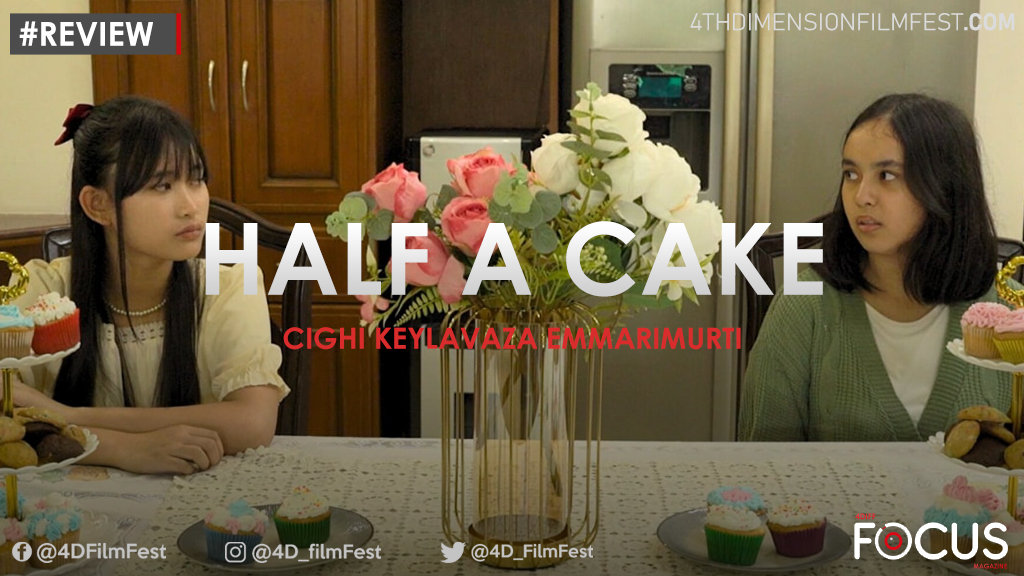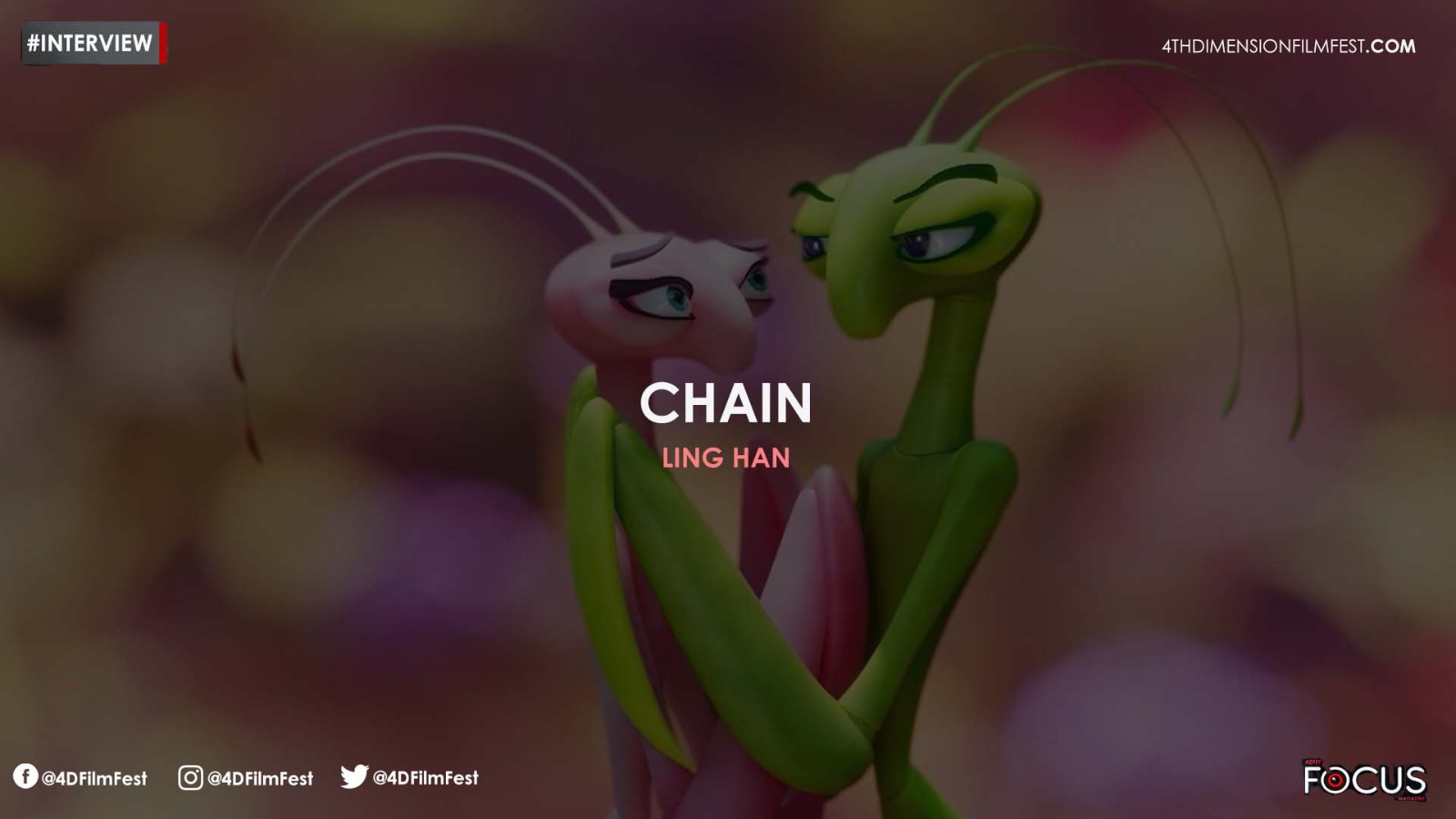Interview with Yusuke Nakamae, Director of Echoes
Thank you, Yusuke, for taking the time to discuss your remarkable short film Echoes. The film provides a unique, layered exploration of human survival, technology, and the environment. We’re excited to delve deeper into your creative process.
Yusuke, thank you for joining us today. To begin, can you tell us about your love for science fiction and how it influences your approach to filmmaking?
Science fiction is not just a genre for me—it is the driving force behind my creativity. SF often explores technologies that have not yet been realized and challenges our perception of humanity, both of which are essential elements in my filmmaking.
In Echoes, I sought to examine the relationship between technology, humanity, and the natural world, using science fiction as a vehicle for deeper philosophical exploration. Through SF films, I aim not only to imagine the future but also to provoke reflection on our present society and the essence of human existence.
The story of Echoes is quite profound and thought-provoking. Can you share how the concept came to you and how it evolved into the final script?
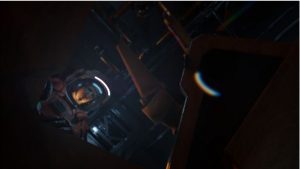
The concept of Echoes emerged from multiple factors, including climate change, excessive reliance on technology, and the fragility of human civilization. I wanted to depict a story where the boundaries between humans and machines, nature and artificiality, become blurred. Initially, the idea was more abstract, focusing on survival in a post-apocalyptic world. However, as I developed the script, I realized that “memory” and “human identity” needed to be at the core of the story.
In the final script, I emphasized how AI, which has become a symbol of modern technology, and the choices and fate of us humans on Earth, will shape the future.
The title Echoes is particularly evocative. How did you decide on this title, and what does it symbolize in the context of the film?
The title Echoes carries multiple meanings. One represents the remnants of humanity—the echoes of the past—that linger in the desolate world the protagonists return to. It also symbolizes how memories, actions, and past mistakes ripple through time and influence the future.
Additionally, Echoes is not just about the reverberation of sound; it suggests the perpetual recurrence of past actions and memories. Even in a world where no humans remain, the traces of their existence continue to resonate like echoes.
There is a certain sense of disorientation in the film, almost as if it’s deliberately done. Was this a creative choice to enhance the chaos and heighten the apocalyptic atmosphere of Echoes?
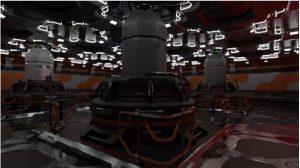
Yes, the sense of disorientation is intentional. I wanted the audience to experience the same uncertainty and unease as the characters by intertwining past and present timelines.
By using fragmented storytelling, abrupt shifts in time and perspective, and unsettling silence, I aimed to immerse the audience in the same ambiguous world as the characters. This approach allows them to feel the instability of a reality where the boundaries between past and present have become indistinct.
The film seems to subtly reference Gaia’s theory, the idea that the Earth itself behaves as a living organism. Was this a deliberate choice to highlight the significance of life—and perhaps to dread its absence?
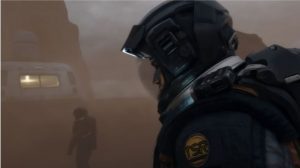
Exactly. I strongly resonate with the idea that Earth is not merely a stage for human survival but a system that functions on its own. Echoes suggests that nature continues to exist regardless of humanity’s presence. This film questions whether we are an integral part of this system or merely a temporary existence.
The protagonists—Adin, Evelyn, and the AI they rely on, Sophie—symbolize Adam, Eve, and the Tree of Knowledge from the Bible. In the biblical narrative, Adam and Eve are expelled from paradise. Similarly, in Echoes, humanity is deemed unnecessary by AI in a rational judgment regarding Earth’s future.
However, Adin and Evelyn, having gained an understanding aligned with Gaia theory—the perspective of the Earth itself—are seen as distinct from the rest of humanity. As a result, AI intentionally isolates them, ensuring their survival.
While this concept is clear in text, the visual storytelling leaves room for audience interpretation.
What was your original vision for the visuals of Echoes? How did you approach the visual language to convey the themes of the film?
Visually, I aimed to reflect the themes of Echoes by emphasizing the contrast between artificial and natural light. By depicting the remnants of an inorganic urban landscape slowly being overtaken by nature, I sought to visually convey the relationship between humanity, technology, and the environment.
Additionally, I used color and lighting to differentiate between past and present while allowing them to subtly merge. I intentionally incorporated imperfections, noise, and visual distortions to create a sense of drifting between reality and illusion.
Speaking of incompleteness, is it safe to say that the theme of incompleteness runs throughout the narrative, from the fragmented storytelling to the characters’ unresolved dilemmas?
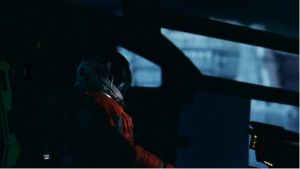
Yes, the theme of incompleteness is woven throughout the entire film. The characters are not on a journey to achieve something definitive; rather, they are constantly searching. Their actions are fragmented, and the narrative does not lead to a fixed resolution.
The structure of the story itself is also intentionally fragmented, leaving room for interpretation rather than providing clear answers. This incompleteness ties into the film’s overarching themes of uncertainty and the limitations of human understanding.
Ecocriticism has become an integral part of movies today. How important is it that these environmental and existential issues are raised through the medium of film?
Film is a powerful medium for engaging with environmental and existential issues. Science fiction, in particular, serves as a mirror that reflects not just possible futures but also our present reality and the choices we make.
In Echoes, I incorporated themes of climate change and the consequences of technological advancement as part of the film’s core narrative. If this film can make the audience question whether we are truly on the right path, then I believe it has fulfilled its purpose.
Lastly, could you recommend some underrated dystopian science fiction films for us to explore that may align with the themes you’ve explored in Echoes?
Certainly. A few lesser-known but thought-provoking dystopian films include:
- La Jetée (1962) – A poetic exploration of time, memory, and humanity.
- Threads (1984) – A harrowing look at nuclear catastrophe.
- Aniara (2018) – A haunting depiction of isolation in space.
- The Quiet Earth (1985) – A contemplative take on solitude and the human psyche.
Each of these films explores themes of survival, loss, and the fragility of human existence—just like Echoes.


